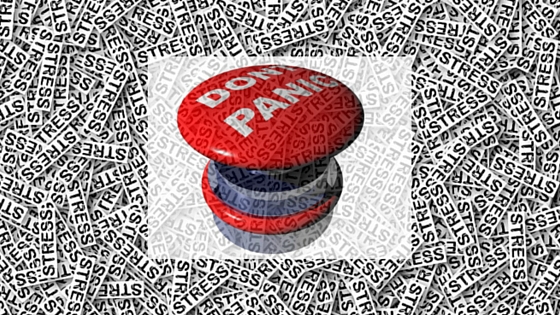Posted on April 12, 2016 by Nicole Kehoe, LISW
Mental Health

Share
Other Blog Topics
“I wonder if I did okay in that job interview. I really need to find work or I may not be able to pay my bills. If I am not able to pay my bills I will have to ask my parents for help. What will they say if I ask for help? They already told me it was a mistake to move out on my own before I had financial stability. What if they won’t help me? I have to be able to pay my rent. My car payment is due, too, what if my car gets repossessed? That would be humiliating. It would be so hard to recover financially if I start missing payments.”
This dialogue represents the thought process that can take place inside a person who is feeling anxious. Anxiety is defined by Merriam-Webster as a “painful or apprehensive uneasiness of mind usually over an impending or anticipated ill”. That is to say, anxiety is about what could happen, not necessarily about what is happening in the present. It is quite normal to experience stress and it can be a helpful way to evaluate circumstances or sense danger. However, it is common for people to lack coping skills to manage anxiety, and as a result, the accompanying symptoms can negatively impact lives. According to the National Institute of Mental Health, anxiety disorders are the most common mental illness in the United States, with 18% of the population affected at any given time. This results in many people seeking treatment through psychotropic medications and psychotherapy.
Nicole Kehoe, LISW
Individual, Couples, and Family Therapist serving the Des Moines Area
More posts about Mental Health